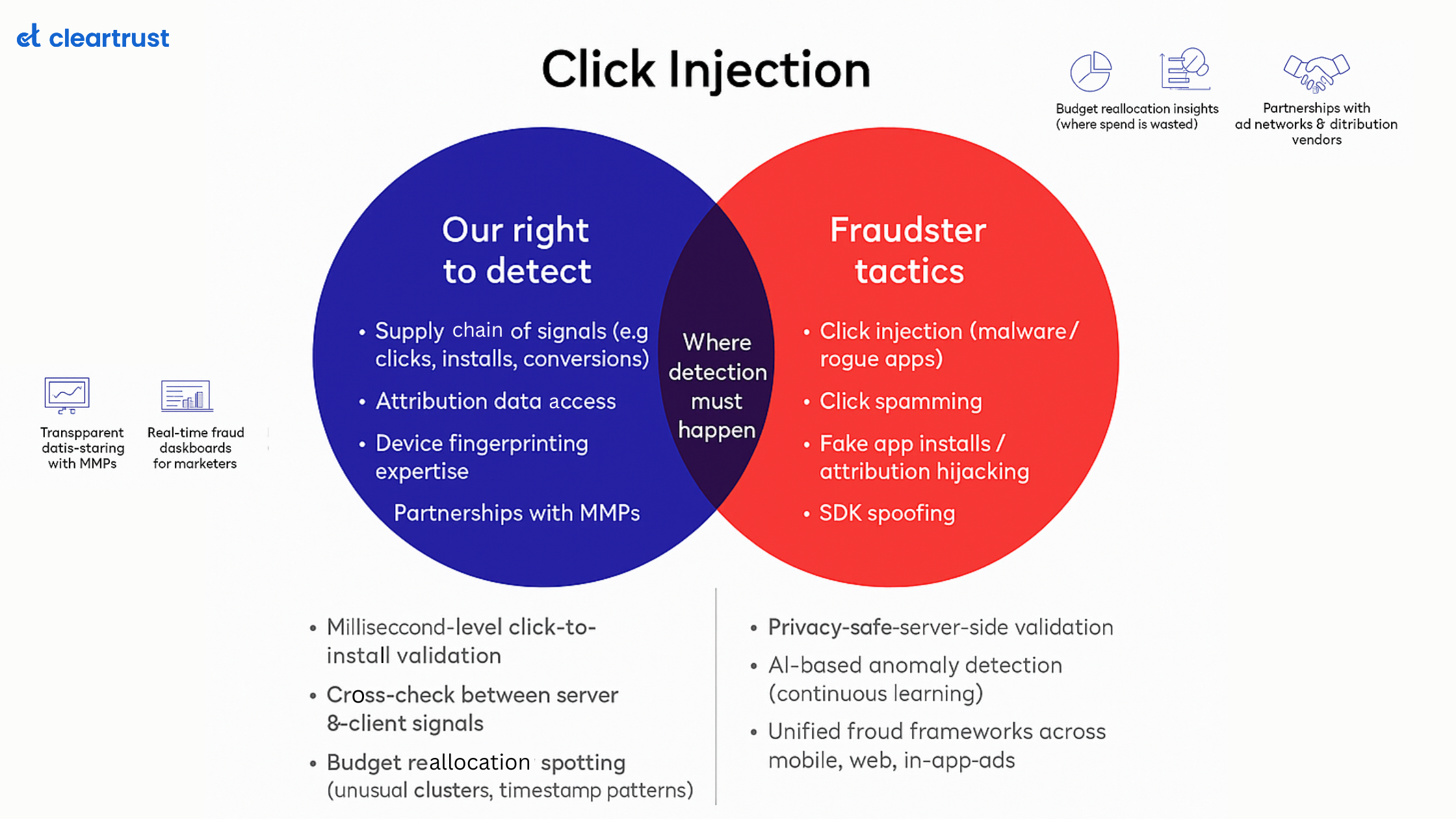In the ever-evolving landscape of digital advertising, understanding the dynamics of ad marketing is crucial for publishers striving to maximize their ROI. However, there's a silent disruptor lurking in the shadows – scraper bots. These cunning pieces of code have the potential to wreak havoc on your digital ad campaigns, affecting your ad marketing strategies in ways you might not have considered.
According to sources, 30% of automated traffic comes from bad bots. Among this, a majority of traffic may also be scraper bots that might be intentionally introduced to damage your reputation. Thus, being aware of its functioning and its impact is of paramount importance to level up your shield against this vicious enemy. In this blog, we'll explore the world of scraper bots and how they impact programmatic publishers. By the end, you'll clearly understand the threats these bots pose and the measures to counteract them.
How do scraper bots function?
Scraper bots, also known as web scrapers or web crawlers, are automated programs that visit websites and extract information from them. These bots work in various ways, all aimed at collecting data, and they can impact ad marketing in several significant ways. Here's a detailed breakdown of how they operate-
- Crawling Websites : Scraper bots systematically scan web pages, following links and navigating through a site's structure. This process allows them to collect data from multiple pages, including ad content.
- Data Extraction : Once on a webpage, scraper bots identify and extract specific data, which can include ad content, images, text, and metadata. They can differentiate between ads and organic content, making them particularly effective at targeting ads.
- Data Storage : The extracted data is then stored in a database, making it available for various purposes. Scraper bots may not always use this data for nefarious activities, but in the context of ad marketing, they often do.
- Frequency and Scale : These bots can work at an enormous scale, visiting thousands of websites and pages within a short timeframe. Their ability to collect vast amounts of data is what sets them apart from human users.
- Spoofing User Agents : To avoid detection, scraper bots often disguise themselves by impersonating legitimate user agents. This can make it challenging to identify and block them.
- Proxy Rotation : Many scraper bots utilize proxy servers, frequently changing their IP addresses. This makes it even more difficult to trace and block them.

How do these bots affect programmatic publishers?
- False Impressions and Clicks- Scraper bots generate fake impressions and clicks on ads, artificially inflating the performance metrics of ad campaigns. This can lead to misguided decision-making and wasted ad spending. Publishers may mistakenly believe their ads are effective when, in reality, they are being displayed to bots.
- Ad Fraud- Ad fraud, facilitated by scraper bots, costs the industry billions yearly. These bots can engage with ads, making it appear as if there's genuine user interaction when, in fact, it's entirely automated. This not only drains ad budgets but also dilutes the quality of ad traffic.
- Reduced CTR and ROI- With scraper bots driving false clicks, the click-through rate (CTR) is distorted, and the return on investment (ROI) for ad marketing campaigns is adversely affected. This, in turn, leads to decreased trust and satisfaction among publishers.
- Damaged Reputation- When programmatic publishers fail to detect and mitigate scraper bots, it can harm their reputation. Advertisers might become sceptical of the publisher's ability to deliver genuine user engagement, resulting in a loss of business relationships.
- Inflated Costs- Publishers may find themselves paying for ad impressions that never reach a real human audience. This inflates advertising costs and reduces the efficiency of marketing efforts.
- Resource Drain- Scraper bots can put additional stress on web servers and infrastructure due to their relentless crawling and data extraction. This, in turn, can lead to slower website performance and increased operational costs which directly impacts the publisher search ranking and ad campaigns to a huge extent.
- Data Privacy Concerns- The scraping of user data by these bots may raise data privacy concerns. Data collected by scraper bots may be used for unauthorized purposes, violating user privacy and potentially leading to regulatory issues. Such compromised data issues can reduce the credibility of the publisher and its content which impacts future deals and transactions.
- SEO Impact- When scraper bots scrape your content, they may replicate it on other websites, impacting your search engine rankings and potentially leading to duplicate content penalties from search engines.
As programmatic publishers, understanding the impact of scraper bots on ad marketing is essential. These stealthy intruders can undermine the very foundation of your digital advertising campaigns, distorting performance metrics, increasing costs, and jeopardizing your reputation.
To combat this menace, publishers must invest in ad fraud management tools like ClearTrust, which offers advanced solutions to detect and block such bad bots and other forms of invalid traffic, ensuring the integrity and effectiveness of your ad marketing efforts. In the ever-evolving world of digital advertising, staying one step ahead of scraper bots is the key to a successful and profitable ad marketing strategy.







